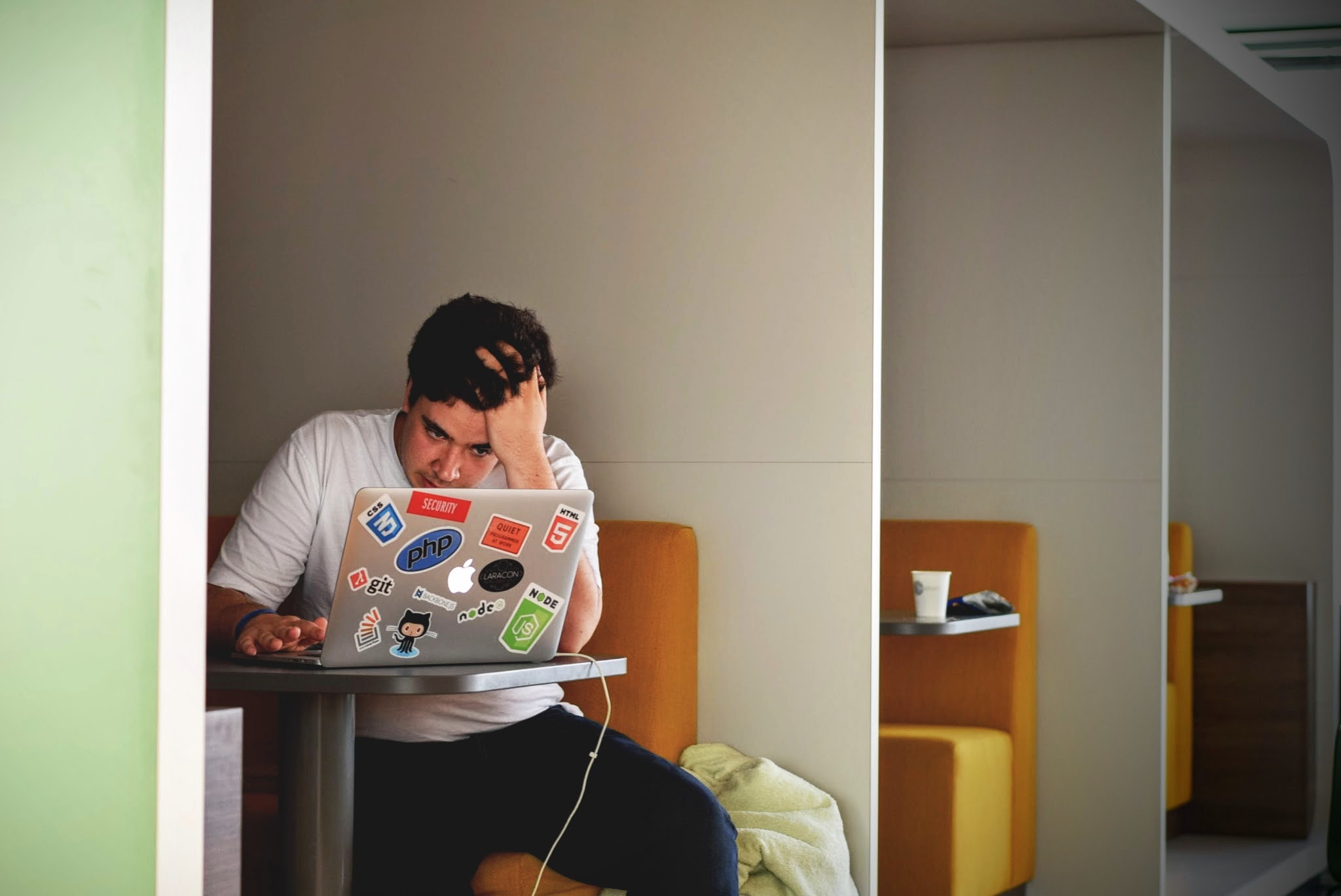Stress and lifestyle can have a significant impact on our everyday unwanted habits in various ways. These habits can range from overeating and smoking to procrastination and nail-biting. Here’s how stress and lifestyle factors contribute to the development and perpetuation of these habits.

Coping Mechanism
Many unwanted habits develop as a way to cope with stress. When people face stressful situations, they often turn to habits like overeating, smoking, or excessive drinking to temporarily relieve their stress and anxiety. Most people might overlook habits that include biting your nails or picking your skin and these habits might have a greater impact on your wellbeing in the long run, making it necessary to resolve them as soon as possible. These habits can provide a short-term sense of comfort or distraction from stressors.
Lack of Self-Care
A busy or unhealthy lifestyle can lead to neglecting self-care practices. When people are not taking care of their physical and mental well-being, they may resort to unwanted habits as a way to self-soothe or fill a void in their lives. For example, a lack of sleep can contribute to stress and increase the likelihood of relying on unhealthy habits. Stress can disrupt daily routines, making it more challenging to maintain positive habits and easier to fall into unwanted ones. Additionally, stress can create a sense of urgency or impulsivity that encourages the quick satisfaction provided by these habits.
Emotional Triggers
Stress can trigger negative emotions like anxiety, frustration, or sadness, which can, in turn, trigger unwanted habits. For example, someone may start smoking when they feel stressed because nicotine temporarily reduces stress and anxiety levels.
- Anxiety: Stress can lead to heightened anxiety levels, prompting habits like overeating or nail-biting as ways to alleviate tension momentarily.
- Frustration: When faced with stressors, individuals may resort to habits like procrastination, which offers a temporary escape from frustrating tasks.
- Sadness: Stress can amplify feelings of sadness, leading some to engage in habits like excessive television watching or emotional eating to distract from their emotional state.
Social Influence
Lifestyle choices and social circles can also play a role. If a person’s friends or family engage in certain unwanted habits, it can normalize those behaviors and make it more likely for an individual to adopt them as well.
- Peer Pressure: Friends or family members who engage in smoking, drinking, or unhealthy eating habits may exert peer pressure, making it more likely for an individual to adopt these habits to fit in or conform.
- Social Norms: Societal norms and cultural practices can normalize certain habits, such as excessive drinking during social gatherings or overeating at family events, making them seem acceptable.
- Role Models: If influential figures within one’s social circle engage in unwanted habits, individuals may view these behaviors as acceptable or even aspirational.
Lack of Time
Stress often leads to a perceived lack of time to engage in healthier activities like exercise, cooking nutritious meals, or practicing relaxation techniques. People may resort to quick fixes like junk food or alcohol to save time, leading to the reinforcement of unwanted habits.
- Unhealthy Eating: Limited time may lead individuals to opt for fast food or processed snacks rather than preparing nutritious meals, perpetuating unhealthy eating habits.
- Neglected Self-Care: Stress often results in people neglecting self-care routines, such as exercise or relaxation practices, as they perceive these activities as time-consuming luxuries.
- Quick Gratification: The immediate gratification provided by habits like watching TV or consuming alcohol may be preferred over time-consuming healthier alternatives, especially when stress leaves little time for leisure.
Addressing Unwanted Habits
To address unwanted habits influenced by stress and lifestyle factors, it’s essential to:
- Identify Triggers: Recognize the specific stressors or lifestyle factors that contribute to the habit.
- Develop Healthy Coping Mechanisms: Find alternative, healthier ways to cope with stress and negative emotions, such as exercise, mindfulness, or talking to a therapist.
- Modify the Environment: Make changes to your daily routine and environment to reduce exposure to triggers that encourage unwanted habits.
- Seek Support: Lean on friends, family, or support groups to help you break the cycle of unwanted habits.
- Professional Help: Consider seeking professional help, such as therapy or counseling, to address the underlying causes of stress and habits.
Stress and lifestyle factors have a significant influence on our everyday unwanted habits. These habits often serve as coping mechanisms, providing temporary relief from stress and negative emotions. When stress levels are high, routines are disrupted, and self-care is neglected, it becomes easier to fall into these habits. To address unwanted habits shaped by stress and lifestyle, it’s important to identify triggers, develop healthier coping mechanisms, modify your environment, seek support from others, and, when necessary, seek professional help. Recognizing the connection between stress, lifestyle choices, and unwanted habits is the first step toward breaking free from them and improving overall well-being.




